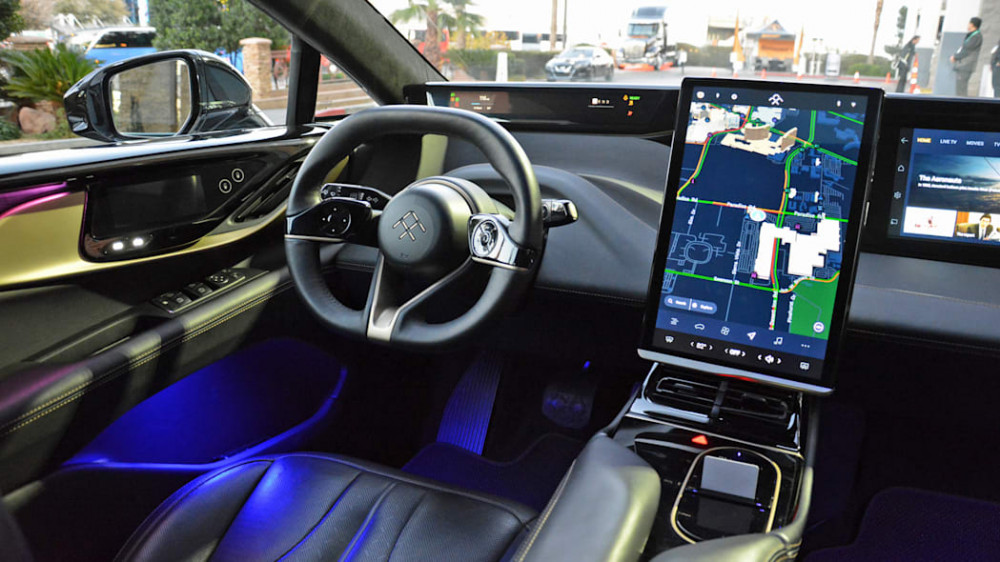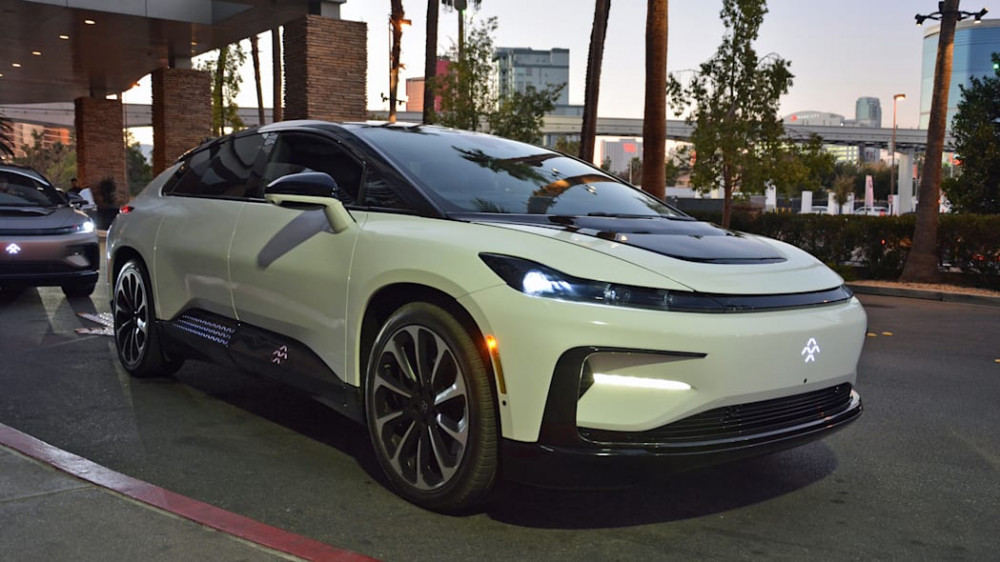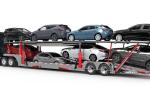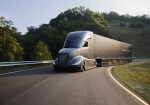Faraday Future Promises FF 91 Electric Crossover For 2022

by AutoExpert | 26 July, 2021
Due to the current wave of EV companies releasing information via reverse mergers, struggling EV firm Faraday Future appears to finally have the cash needed to get its FF91 EV crossover into reality. A reverse merger allows a private firm to go public by being acquired by a public company, usually a special purpose acquisition company (SPAC) created specifically for this purpose.
Faraday Future agreed to merge with SPAC company Property Solutions Acquisition Corp. in January. The deal was completed on Thursday with Faraday Future Intelligent Electric Inc., which is listed on the Nasdaq under the ticker code "FFIE." The agreement is expected to pay $1 billion to Faraday Future.

Faraday Future believes that with fresh finances, the company will be able to bring the FF91 to market in 2022. A portion of the funding will also be utilized to develop self-driving tech, which is one of the brand's three pillars. Artificial intelligence and Internet-based activities are the other two.
FF has earlier said that the FF91 has over 14,000 bookings. The car, which has 1,050 hp and a 130 kWh battery that can accelerate to 60 mph in 2.4 s might cost up to $180,000. It will be manufactured in Hanford, California, although Faraday Future may also choose a contract manufacturer in South Korea. In addition, the corporation has stated that it is looking into producing in China, maybe through a partnership with minority shareholder Geely.

Aside from the FF91, Faraday Future has said that it is working on cheaper variants called the FF81 and FF71. They'll be available in 2023 and 2024, respectively. In 2018, a teaser for FF81 was released. Around 2023, the company plans to launch a delivery truck. The first Faraday Future showroom has already opened in New York City.
When Faraday Future introduced the FF91 crossover in 2017, it seemed promising, but it encountered a hitch immediately after its key Chinese investor, Jia Yueting, ran into financial difficulties of his own. Jia was subsequently replaced as CEO by Carsten Breitfeld, the former CEO of competitor EV startup Byton when the business had to slash expenses and cease the building of a facility in Nevada.
In the last year, a slew of electric vehicle businesses has gone public in this manner. Canoo, Nikola, Lordstown Motors, and Fisker are among the companies on the list. Mullen Technologies and Lucid, two other electric vehicle startups, also plan to go public through reverse mergers.

















